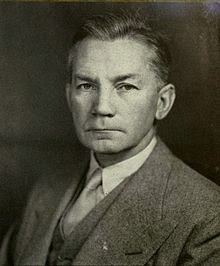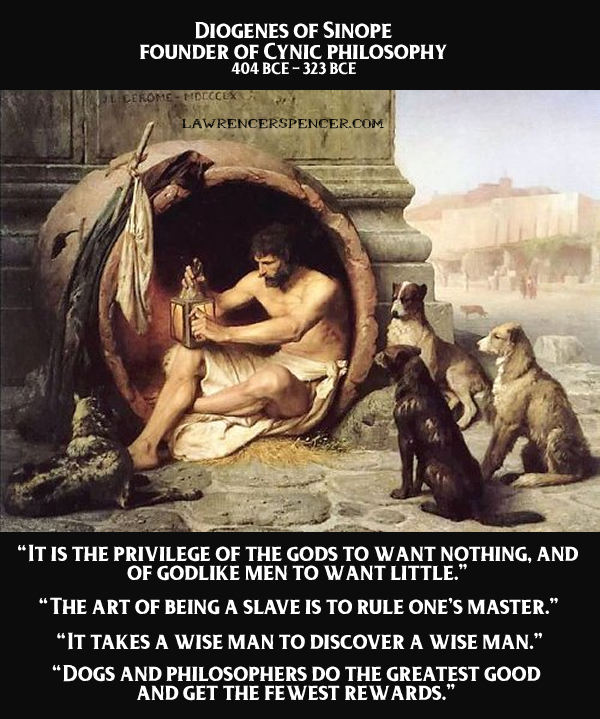Republished by Blog Post Promoter
https://tuinderlusten-jheronimusbosch.ntr.nl/en#
CLICK THE LINK ABOVE TO TAKE A GUIDED VISUAL AND VERBAL TOUR OF ONE OF THE MOST ENIGMATIC PAINTINGS IN HISTORY
 Hieronymus Bosch (/ˌhaɪ.əˈrɒnᵻməs ˈbɒʃ/;[ born Jheronimus van Aken [jeːˈroːnimɵs fɑn ˈaːkə(n)]; c. 1450 – 9 August 1516) was an Early Netherlandish painter. His work is known for its fantastic imagery, detailed landscapes, and illustrations of religious concepts and narratives. Within his lifetime his work was collected in the Netherlands, Austria, and Spain, and widely copied, especially his macabre and nightmarish depictions of hell.
Hieronymus Bosch (/ˌhaɪ.əˈrɒnᵻməs ˈbɒʃ/;[ born Jheronimus van Aken [jeːˈroːnimɵs fɑn ˈaːkə(n)]; c. 1450 – 9 August 1516) was an Early Netherlandish painter. His work is known for its fantastic imagery, detailed landscapes, and illustrations of religious concepts and narratives. Within his lifetime his work was collected in the Netherlands, Austria, and Spain, and widely copied, especially his macabre and nightmarish depictions of hell.
Little is known of Bosch’s life, though there are some records. He spent most of it in the town of ‘s-Hertogenbosch, where he was born in his grandfather’s house. The roots of his forefathers are in Nijmegen and Aachen (which is visible in his surname: Van Aken). His pessimistic and fantastical style cast a wide influence on northern art of the 16th century, with Pieter Bruegel the Elder being his best known follower. His paintings have been difficult to translate from a modern point of view; attempts to associate instances of modern sexual imagery with fringe sects or the occult have largely failed. Today he is seen as a hugely individualistic painter with deep insight into humanity’s desires and deepest fears. Attribution has been especially difficult; today only about 25 paintings are confidently given to his hand along with 8 drawings. Approximately another half dozen paintings are confidently attributed to his workshop. His most acclaimed works consist of a few triptych altarpieces, the most outstanding of which is The Garden of Earthly Delights.
— Wikipedia.org







